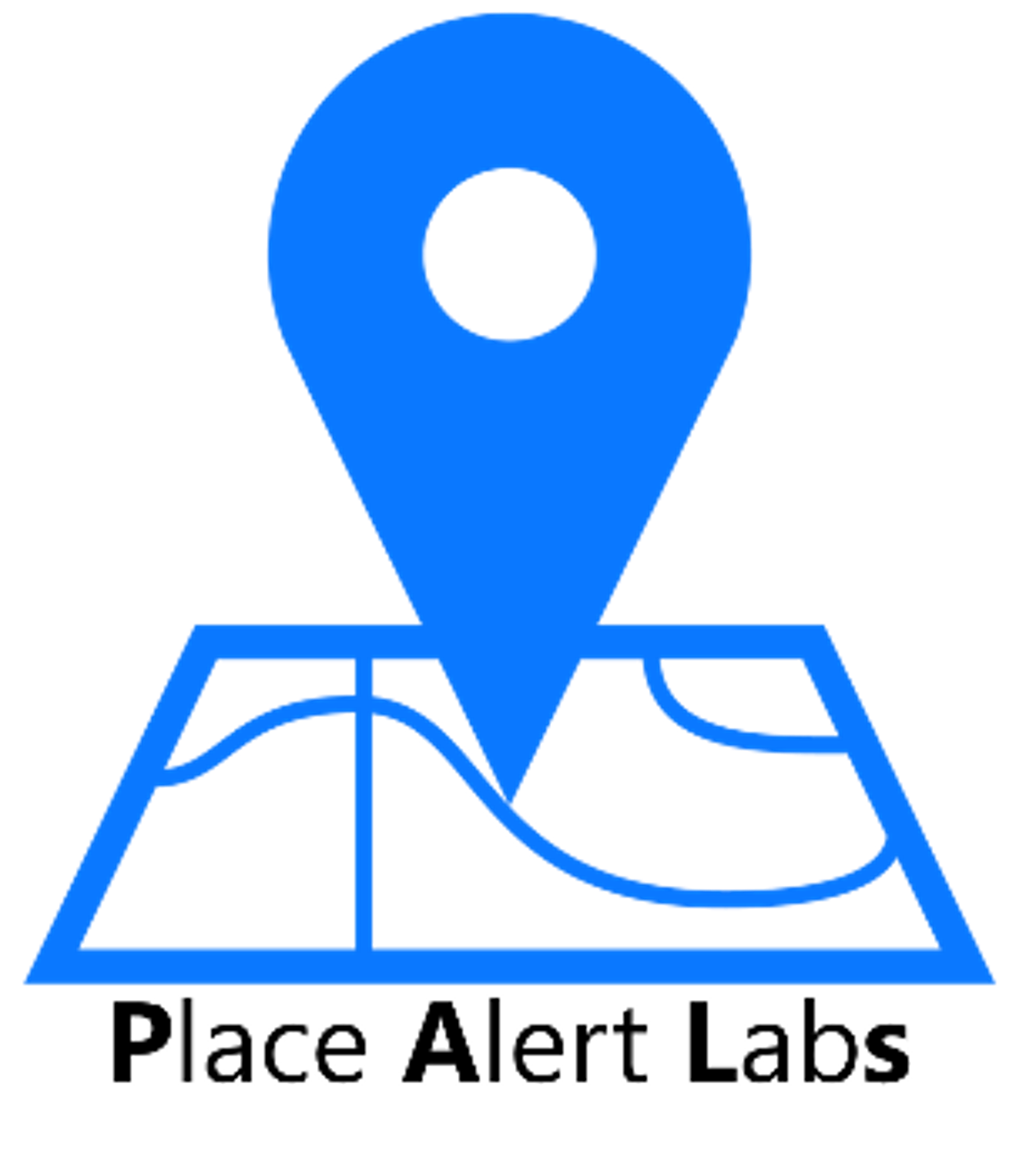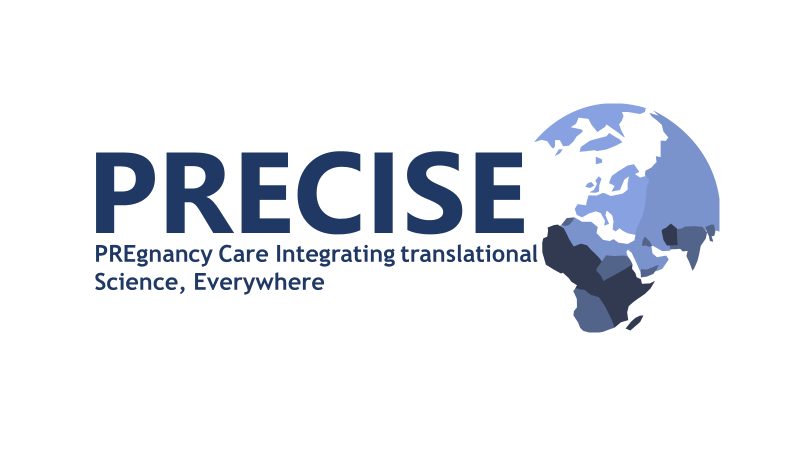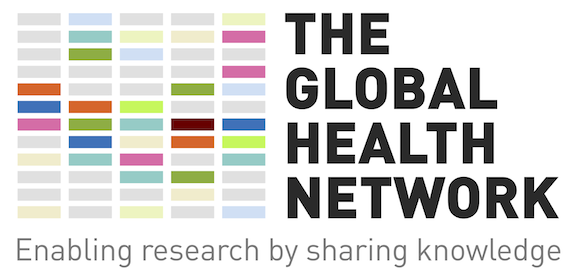About this course
Geographical/Spatial accessibility can best be conceptualized as a scientific method for assessing the distribution of public services such as healthcare services. It can be used to measure the disparities in the opportunities to access services among various population groups or regions. In healthcare, geographical proximity to health services is a known determinant of both access to health care and better health outcomes. Improved health outcomes have been attributed to improved geographical access to, and utilization of health services. Quantifying geographical/spatial access to care is one of the most common uses of geographical information systems (GIS) (See Health Geography, What is GIS?) in health research and practice. This course seeks to equip learners with the basic knowledge and techniques required to quantify Geographical/spatial access to care. After taking the course, learners will have a core set of skills allowing them to enrol on advanced courses employing GIS (Spatial Modelling) in Health Geography research.
Objectives
The course is aimed at learners who would like a basic understanding of the concept of geographical access to care as a determinant of health outcomes. Using real world examples, we will explore the theoretical as well as practical matters related to the subject. At the end of this course the student should be able to:
- Describe the theoretical and conceptual underpinnings of Geographical/Spatial access to health care services and explain why this is an important determinant of health outcomes
- Describe Geographical Information Systems (GIS), the key elements that constitute GIS and the variety of datasets that are used in a GIS.
- Describe the function of GIS in modelling spatial access and the various methods and techniques that are commonly used to achieve this.
- Develop familiarity with maps and how to interpret them in the context of spatial access to health care.
Target audience
This course is aimed at Health Geographers, Spatial Epidemiologists, environment and health specialists, health systems policy planners/makers as well as graduate students asking questions about spatial access to healthcare.
Duration
This course should take an average of 50 minutes to complete.
Certification
An electronic certificate is issued once a minimum of 80% has been achieved in the quiz section.
Authors
This course has been created primarily by authors from the Place Alert Labs (PALs) initiative at Midlands State University Zimbabwe, in collaboration with the PREgnancy Care Integrating translational Science Everywhere (PRECISE) core team at King’s College London.
Liberty Makacha, 1. Place Alert Labs, Surveying and Geomatics department, Faculty of Science and Technology, Midlands State University 2. Department of Women and Children’s Health, School of Life Course Sciences, Faculty of Life Sciences and Medicine, King’s College London. 3. MRC Centre for Environment and Health, Imperial College London, UK
Prestige Tatenda Makanga, Place Alert Labs, Surveying and Geomatics department, Faculty of Science and Technology, Midlands State University, 2. Climate, Environment and Health Department, Centre for Sexual Health and HIV AIDS Research (CeSHHAR), Harare, Zimbabwe
Reason Mlambo, Place Alert Labs, Surveying and Geomatics department, Faculty of Science and Technology, Midlands State University
Shirley Chapunza, Place Alert Labs, Surveying and Geomatics department, Faculty of Science and Technology, Midlands State University
Tendai Nkomo, Place Alert Labs, Surveying and Geomatics department, Faculty of Science and Technology, Midlands State University
Hiten Mistry, Department of Women and Children’s Health, School of Life Course Sciences, Faculty of Life Sciences and Medicine, King’s College London
Rachel Craik, Department of Women and Children’s Health, School of Life Course Sciences, Faculty of Life Sciences and Medicine, King’s College London
Peter von Dadelszen, Department of Women and Children’s Health, School of Life Course Sciences, Faculty of Life Sciences and Medicine, King’s College London
Acknowledgements
Affiliations
1. Department of Women and Children’s Health, School of Life Course and Population Sciences, Faculty of Life Sciences & Medicine, King’s College London, Strand, London WC2R 2LS, UK
2. Environmental Research Group, MRC Centre for Environment and Health, Imperial College London, Michael Uren Biomedical Engineering Hub, White City Campus, Wood Lane, London W12 0BZ, UK
3. Place Alert Labs, Department of Surveying and Geomatics, Faculty of Science and Technology, Midlands State University, Zimbabwe
4. Department of Obstetrics and Gynaecology, University of British Columbia, Vancouver, British Columbia, Canada.
Funders
We acknowledge funding received from UKRI for the PRECISE Health Geography work. The PRECISE Network is funded by the UK Research and Innovation Grand Challenges Research Fund GROW Award scheme (grant number: MR/P027938/1).
Use and reproduction of these e-learning materials
These e-learning materials are owned by The Global Health Network. You are free to share or adapt this material but you must attribute it to The Global Health Network using the link www.theglobalhealthnetwork.org.
Your feedback is greatly appreciated; please take a couple of minutes to tell us your thoughts on this course:





